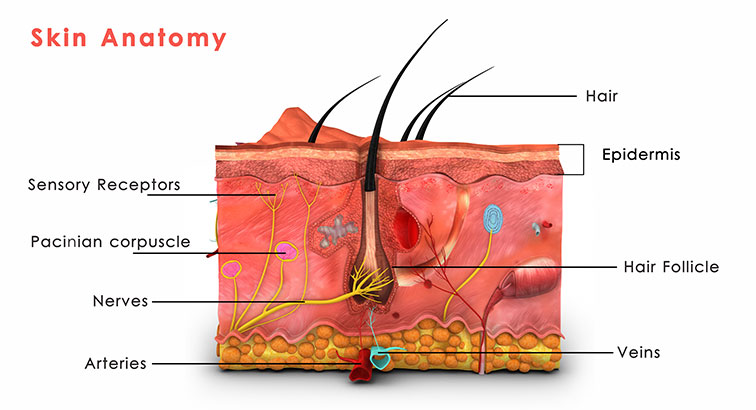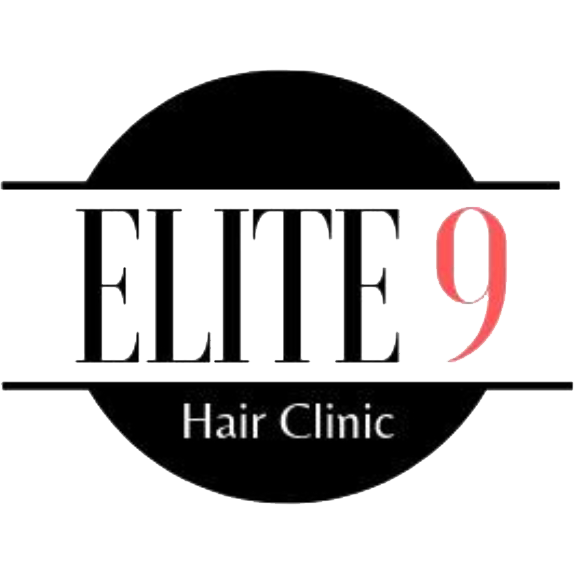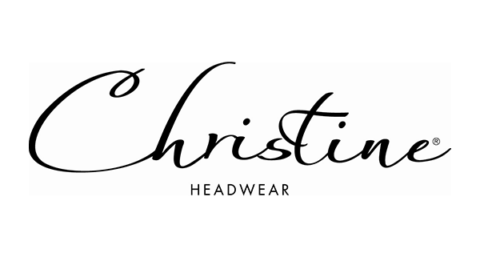Frequently asked questions
Hair Loss
FAQs
- Why do we receive hair loss?
- Does the menopause cause hair loss?
- Do we lose hair naturally each day?
- What would cause my hair to become thinner?
- What is Polycystic Ovarian Syndrome (PCOS) and how does it affect hair loss?
Understanding Your Hair Growth Cycle
On average we lose around 50-90 hairs per day. Interestingly there are three main cycle of hair growth.
- Anagen phrase growing stage this stage lasts from 3 years to six years.
- At the end of the anagen phrase the hair enters the catagen phase a short transitional phase that Last approximately 1-2 weeks.
- Your hair then enters the telogen phase which is generally known as the resting phase lasting 5-6 weeks.
The whole process begins again and is repeated back to the anagen stage.
Hair Growth Cycle Illustration

There are many different things that can interfere with the hair growth cycle. Major change in one’s diet can affect the hair growth cycle generally this can occur within weeks or months after the diet has commenced. You can experience telogen effluvium Diffuse hair loss. This causes an interruption to the hair cycle the anagen phrase is cut short and many hairs enter the telogen phases all at once. Autoimmune disorder such as thyroid disease or vitiligo can activate hair loss resulting in a hair condition medically referred as alopecia areata.
The Menopause
The Menopause can significantly increase androgen levels which can then initiate hair thinning. Androgens can cause your hair length to become shorter and each hair follicle can decrease in thickness. Many women during the onset of the menopause can develop frontal fibrosing alopecia which is a recession of the frontal hairline.
Polycystic Ovary Syndrome (PCOS)
Woman diagnose with Polycystic Ovary syndrome (PCOS) which is classify as a hormone disorder can experience hair loss and hair thinning often referred as female pattern hair loss.
Male Androgenetic Alopecia (MAA)
Many men suffer from Androgenetic alopecia (MAA) this type of hair loss is the most common hair loss issue many men have. Around 40% of men have this condition it effects the vertex and midfrontal scalp. It is highly characterized by follicle miniaturization. Androgenetic hair loss is common with men and woman the term male-pattern baldness is often used with men and woman diagnosed with this hair loss condition female pattern hair loss.
Diet
Diet is a big contributing factor for hair loss. Your hair needs the right amount of minerals and vitamins this stimulate growth and ensures your hair is healthy. Protein is essential for healthy hair. your hair follicles are made of 90% protein So chicken and fish or eggs for examples are excellent components for a balanced diet.
Iron Deficiency
Iron deficiency impairs the bloods ability to carry oxygen red blood cells carry oxygen around the body. Iron deficiency leads to reduction in the performance of your cells and a loss of hair can occur. Once your iron deficiency is stabilised healthy hair can grow.
Stress
Stress trauma can cause instant hair shedding hair thinning resulting in hair loss medical referred as Telogen Effluvium. This is when the natural growth and rest cycle of hair is interrupted. An Abnormal amount of hair follicles enter catagen stage of the hair growth cycle causing diffuse excessive hair loss. This often leads to significant hair loss this usually happens within 3-6 months after a stressful event. Resent surgery illness medication or loss of job or spouse or even changes in one’s diet are all examples
Trichotillomania
Trichotillomania often identified in woman or children aged 2 and 3 years old. it’s part of the obsessive-compulsive disorder (OCD) spectrum. Where the patient habitually pulls at their natural hair. Sometimes there is eyebrow involvement the patient pulls the hair directly from their scalp or eyebrows/eyelashes. It is characterised by visible broken hairs of different hair lengths. Once this condition has been identified and treated the hair can grow back.
I have frontal fibrosis alopecia, I am currently wearing a hair system from the elite nine Hair clinic for the past nine months. I'm extremely happy with my hair system I have one with natural parting, I revisit Elite nine clinic once every 5 to 6 weeks for a refitting of my hair system, I'm extremely happy with the services they offer.
Julie Jones, Derbyshire
Fantastic clinic, I've been a customer for under a year and there's a reason I keep going back. Alexis is a true artist and she understands and listened to all your needs and requirements. My men's hair system looks so real I had to explain to people is not, it feels comfortable and has boosted my confidence no end. Highly recommended.
Scott Brown, Nottingham
I have alopecia areata which leaves patches all over my scalp mostly in the crown area. Elite Nine Hair Clinic offered me the choice of hair system and application methods. My hair system is taken off and put back on every 5-6 weeks at the clinic by their friendly and helpful staff. Once my hair system is on, it feels and looks as though it's my own. The experience has been truly remarkable and it's certainly give me back my confidence.
Mandy Brooks, Lincolnshire
I'm 26 years old and have been diagnosed with male pattern hair loss. I had very little hair left on the crown area I was frantic. My brother, who's been an existing customer for the past three years, recommended Elite 9 Hair Clinic. My hair system had arrived.within 6 weeks of the consultation and I was blown away with our natural it looked. I revisit Elite 9 Hair Clinic every four weeks for a re-fitting.
William Gordon, Rainsworth
I've recently gone through a divorce and as result of this I received a lot of hair shedding the hair shedding was all over my scalp. I've always had a lot of hair and was not used to my hair being so thin I attended the Elite nine hair clinic for a consultation for trichology treatments. As a result of regular monthly treatments my hair is now fully regrown I can't thank Elite Nine Hair Clinic enough for what they have done for me.
Anonymous Customer, Chesterfield
Our commitment is to bring you quality and excellence the best teaching experience. We aspire to deliver our proven business concept through our first-class training modules.
Our commitment is to bring you quality and excellence the best teaching experience. We aspire to deliver our proven business concept through our first-class training modules.










